Eight cities in the United States scored a zero out of 100 on the 10th annual Municipal Equality Index, which evaluates cities and towns based on the level of LGBTQ inclusion found in their local laws, policies and services.
LGBTQ advocacy groups Human Rights Campaign and Equality Federation evaluated 506 municipalities — including the country’s 50 state capitals and 200 largest cities — on 49 criteria for the index. The criteria included nondiscrimination protections, policies for municipal employees and city leadership.
This year’s zero-point earners span from South Carolina to Wyoming, and they all came in at zero on last year’s index, too. But on the flip side, 22 percent of cities earned a perfect score, up from 8 percent in 2012, the report’s inaugural year.
“If you’re scoring a zero, it’s because you’re making that choice. There are definitely some low-hanging fruit ways to get off of that zero place,” said Cathryn Oakley, the founding author of the index and the state legislative director for the Human Rights Campaign. “That is a statement on their end about how they’re willing to engage in these issues.”
Here are the eight cities that scored a failing grade on this year’s Municipal Equality Index:
Florence, Alabama
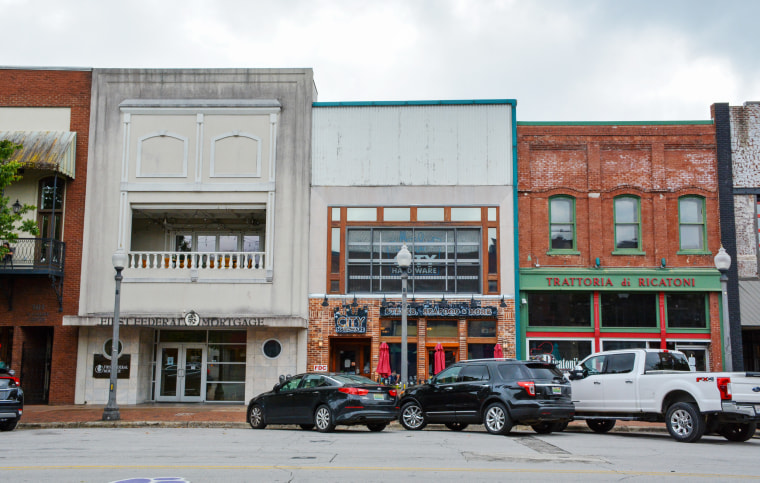
Located in the northwest corner of Alabama, Florence sits on the Tennessee River, has a population of about 40,000 and is home to the University of North Alabama. The city made headlines in 2017, when several members of white nationalist groups, some dressed in Ku Klux Klan robes, staged a protest during northwest Alabama’s first Pride parade.
Jonesboro, Arkansas
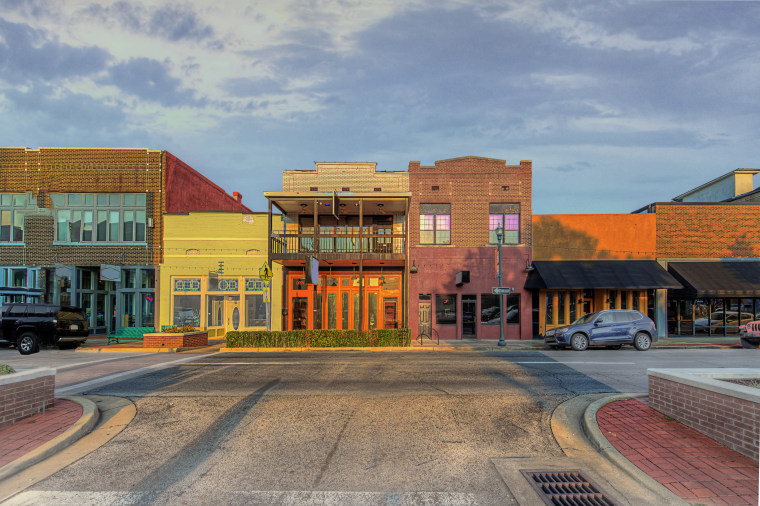
Jonesboro, with a population of nearly 80,000, is Arkansas’ fifth largest city. It sits in the northeastern part of the state and is home to Arkansas State University. Earlier this year, a Pride Month book display — which included the children’s book “The GayBCs” — ignited a backlash at a public library in the city, The Jonesboro Sun reported.
Southaven, Mississippi
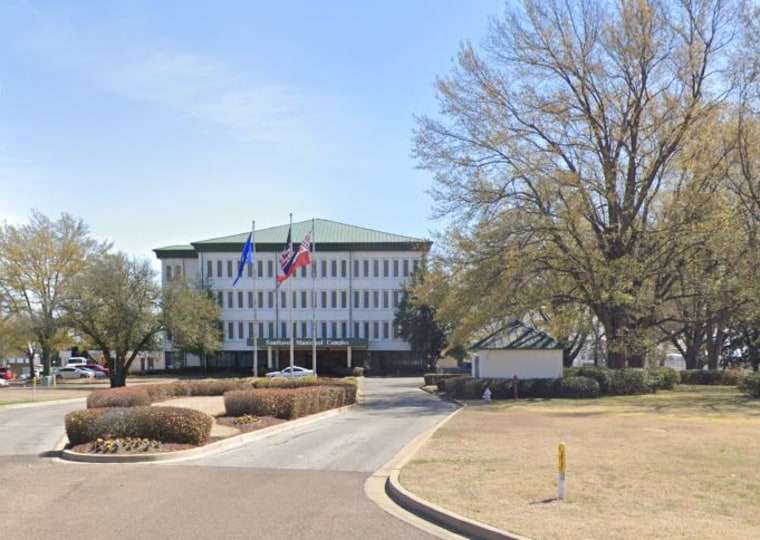
Southaven sits on the border of Mississippi and its northern neighbor, Tennessee, and is just 13 miles from Memphis. The city, which has about 55,000 residents, made news in 2019 after a same-sex couple said they were kicked out of a local Baptist church because the women wouldn’t end their “forbidden” marriage and “repent.”
Broken Arrow, Oklahoma
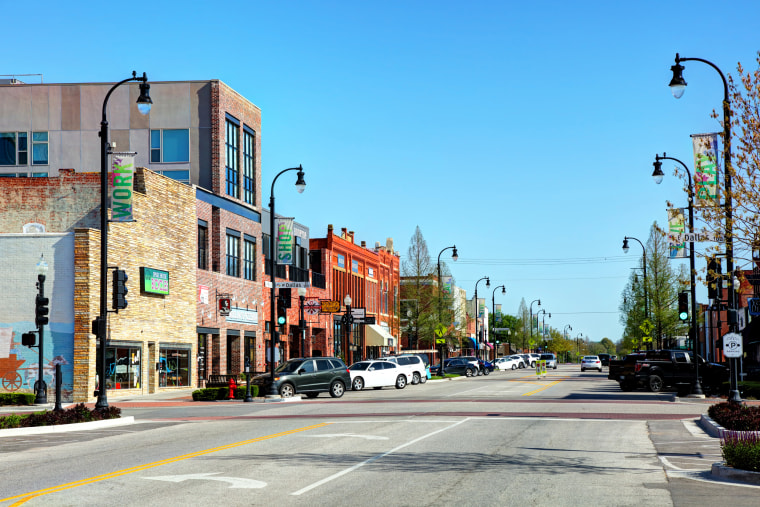
Located just outside Tulsa in the northeastern part of the state, Broken Arrow is the fourth largest city in Oklahoma, with a population of about 113,000. Oklahoma is the only state to have two cities earn zero points on this year’s Municipal Equality Index.
Moore, Oklahoma
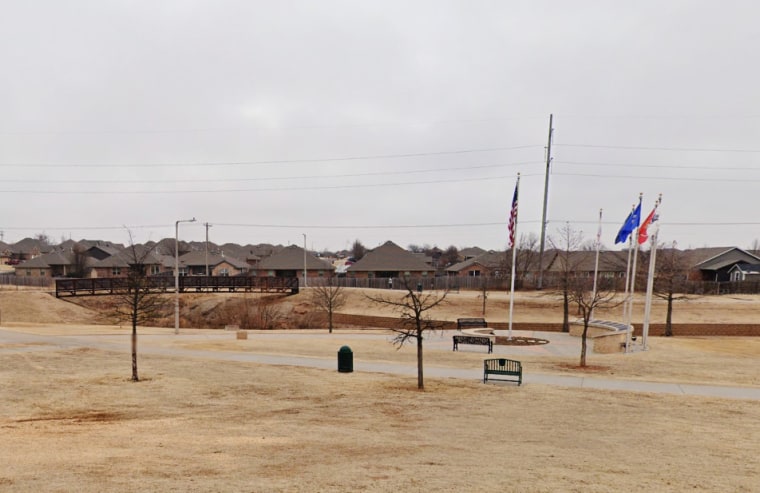
Moore, a city of about 63,000 residents, is part of the Oklahoma City metropolitan area, which sits in the middle of the state. Moore made national news back in 2017 after Ralph Shortey, a “family values” Republican who had served in the Oklahoma Senate, was found with a 17-year-old male in a local motel (Shortey was eventually sentenced to 15 years in prison on child sex-trafficking charges).
Clemson, South Carolina
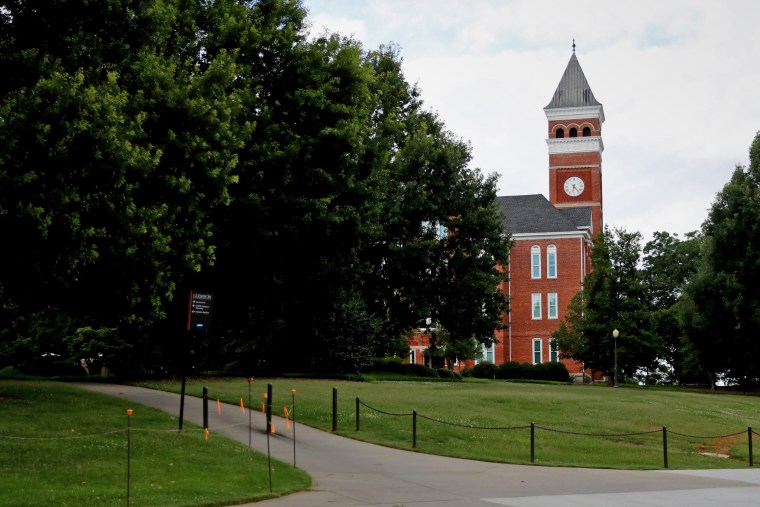
Home to Clemson University, this small South Carolina city, with a population of 17,700, sits in the northwest part of the state near the borders of both Georgia and North Carolina. While the city of Clemson scored a zero out of 100 on this year’s Municipal Equality Index, the university scored a 3 out of 5 on the LGBTQ nonprofit Campus Pride’s annual index. The university also opened Lavender Place, an LGBTQ “living-learning community,” in August.
Pierre, South Dakota
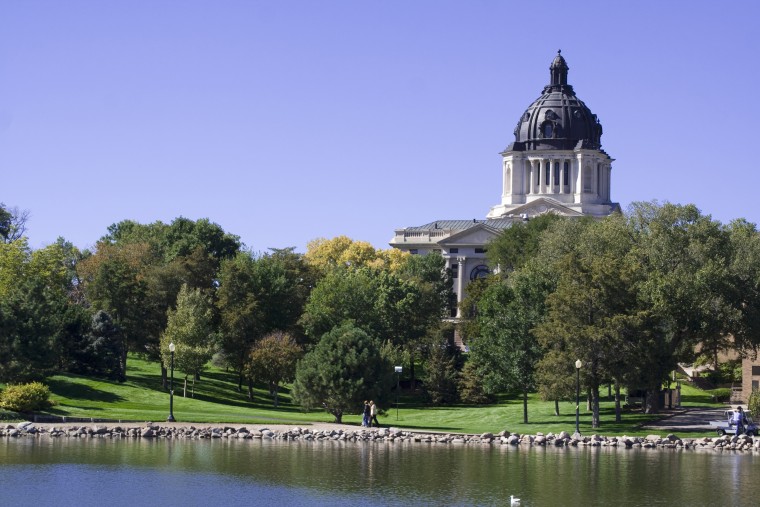
With a population of roughly 14,100, Pierre is the second-least populous state capital in the country, following Montpelier, Vermont. Home to the state’s legislature, the city hosts many of the state’s protests concerning LGBTQ issues. In January, Pierre made national headlines when a group of LGBTQ advocates protested against a proposed law that would ban people from changing the sex designation on their birth certificates. A South Dakota House committee later rejected the bill in February.
Rocks Springs, Wyoming
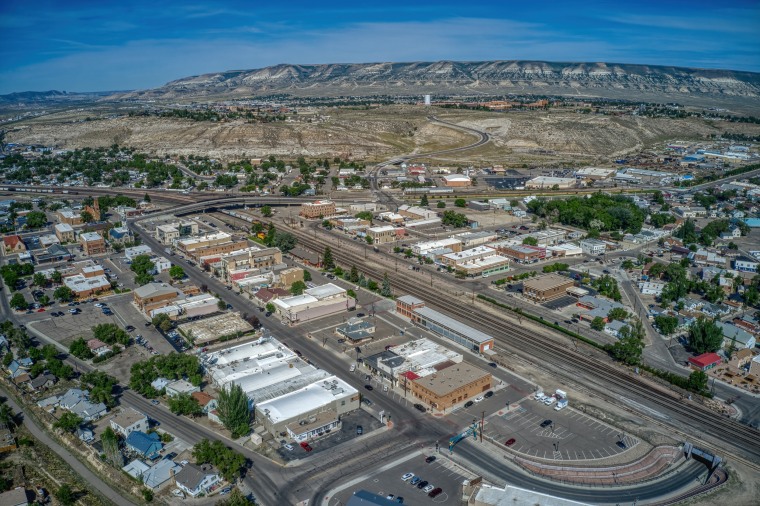
Rock Springs is a city in Sweetwater County, Wyoming, with a population of about 23,500. Despite scoring a zero out of 100 on this and last year’s Municipal Equality Index, a Rock Springs church made history after hosting what it called the state’s first LGBTQ pride worship service in 2019, the Casper Star-Tribune reported.

